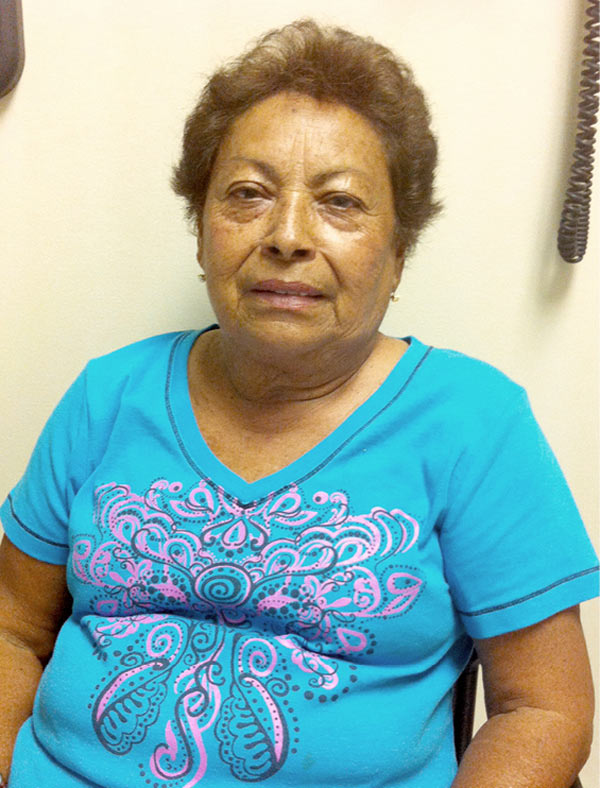
Am Fam Physician. 2015;92(3):218
I was feeling so confused with my medications all the time. I have diabetes, kidney problems, and high blood pressure, and I take so many medications that I have trouble keeping track of them. For a long time, I didn't even know what many of them were prescribed for. Seeing so many different doctors also added to my confusion because each one would change a medication or two without the others realizing it. At one point, I had three bottles of benazepril that I was taking without knowing it. As a result, my kidneys started shutting down, and I was feeling absolutely awful—sick, nauseated, confused, weak, and depressed. I was crying all the time; it just wasn't me. I was so unwell that the kidney doctor even told me to be ready for dialysis.
Then something happened—someone sat down and went through my bottles with me, one by one. I met my new family doctor, and she could tell that I was confused when I couldn't answer many of her questions about my medications. She had a list of my prescriptions in the computer, but I didn't know which of them I was taking. She asked me to bring all of my bottles to my next visit. When I did, she sat down and looked at every single medication with me, wrote on the bottle what each one was for, asked me to get rid of the duplicate bottles, and cleaned up my medication list. I couldn't believe how much better I felt after only a week or two. My kidneys even recovered quickly.
All I really needed was for a doctor to take the time to go over all of my medications with me. I had no idea I wasn't taking them the way I was supposed to. Now, I bring my bottles to each and every visit.—m.g.

COMMENTARY
Using electronic health records has made our jobs easier in terms of viewing and reconciling patient medications. Not only is reconciliation a requirement of the meaningful use program, but it can improve medication adherence—one of the greatest challenges we face as physicians. Barriers to the reconciliation process include fragmented care that is provided by multiple subspecialists, limited patient knowledge of medications, and poor patient recall about what they are taking.
I've learned that even though a certain medication may be listed in the electronic health record, it doesn't mean that the patient is actually taking it or taking it as prescribed. Also, many patients are very visual and may not realize which pill I am referring to unless I point out the corresponding bottle. For patients taking multiple medications, it's worth the extra step to ask them to bring their bottles to each visit to help diminish nonadherence and incorrect use.
